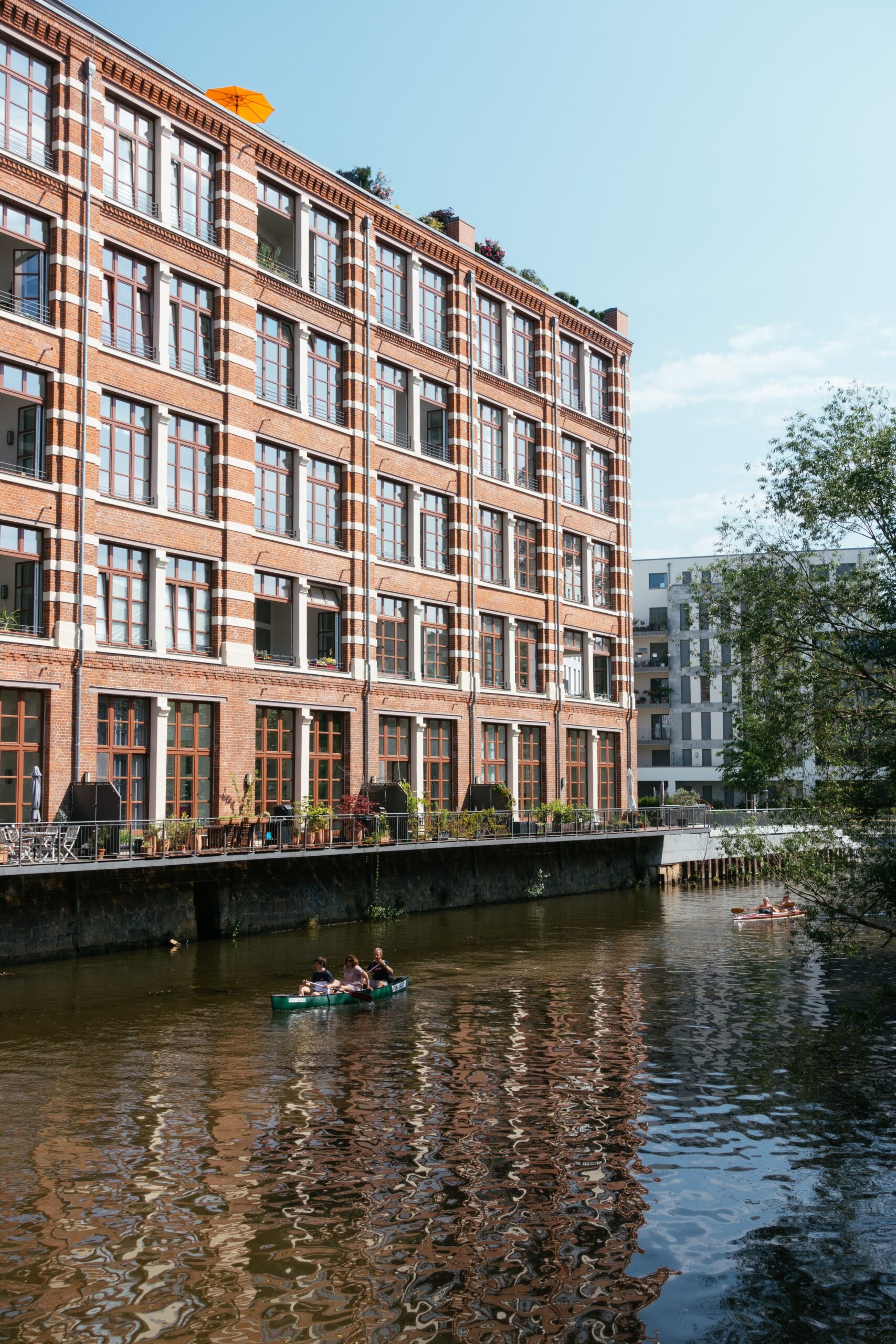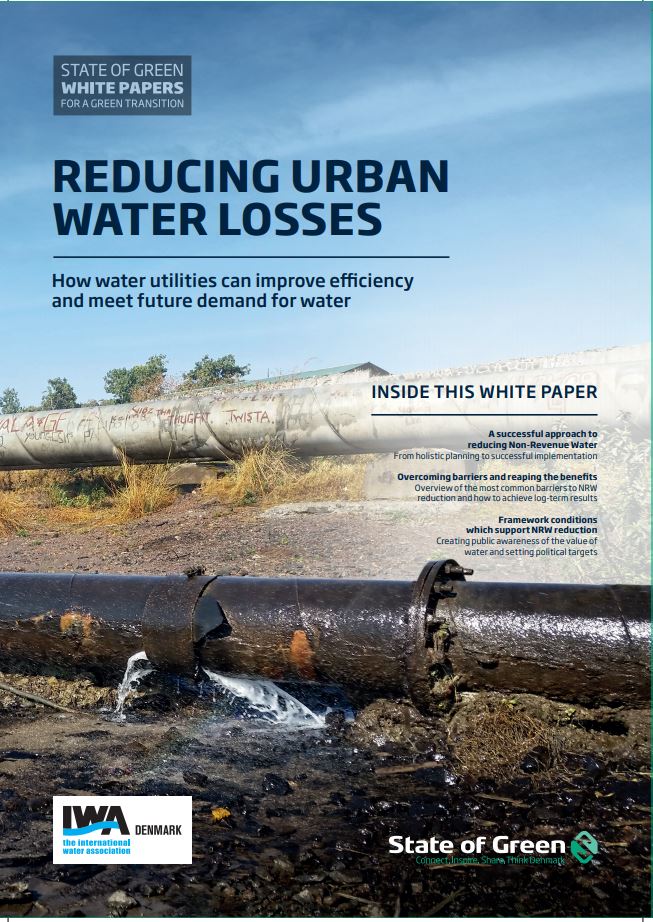Download our publication on reducing urban water loss today
This article is part of our publication ‘Reducing urban water loss’.
Download nowPerspective
Non-revenue water


NRW is a challenge most water utilities understand excellently, but only a few are successful in reducing it. Much of the failure is due to an underestimation of the technical difficulties and the complexity of NRW management, along with a lack of understanding of the potential benefits of taking action. Reducing NRW is not a project, it is a continuous process.
Reducing NRW should have highest priority for every water utility, however it can seem that there exists a state of inertia in many water utilities despite high NRW levels. Some of the most common reasons for this situation and lack of action might be:
1 Lack of political awareness:
In many places the value of drinking water is taken for granted and as a result lacks both political focus and priority. Drinking water is often priced very cheaply because water prices are subsidised by governments, either directly or indirectly through low energy prices.
2 Inaccurate data:
Having access to reliable data is crucial, as inaccurate meter readings etc. may lead to wrong decisions. In some places, the utility might also face problems with customers tampering with their water meters.
3 Corruption leads to inefficient NRW projects:
Corruption on several levels may result in huge amounts of money being spent on pipe replacement projects with little or no impact on the NRW level.
4 Focus on purchasing price rather than Total Cost of Ownership:
Tenders and purchasing decisions focus solely on the acquisition price of e.g. new equipment rather than looking at the cost of ownership throughout the lifespan of the products. This will often result in poorer solutions and increase the need for replacements relatively quickly.
5 Employee performance appraisals do not support NRW reduction:
Admitting excessive levels of NRW can be embarrassing for water distribution managers and employee performance appraisals might not encourage seeking better accuracy in NRW reporting, which is necessary to improve the water utility’s NRW level.
6 Fear of negative image:
In areas which are suffering from droughts and where the water utility has asked customers to reduce their own water consumption, it may be viewed
as problematic to admit to excessive leakage problems.
7 NRW is not connected to overall sustainability goals:
There is often little perceived connection between NRW management and the utility’s overall sustainability or climate change goals. Reaping the benefits of reducing NRW There are many benefits to be reaped from adopting and successfully implementing a NRW reduction programme. Reducing urban water loss can delay the need for additional water resources in cities with a growing population, as up to 30 per cent more inhabitants an potentially be served from an existing resource by making distribution systems more efficient. Any investments in the utility’s water supply, including new intake and treatment plants, should therefore be considered as opportunities to reduce NRW down to the ELL.

This article is part of our publication ‘Reducing urban water loss’.
Download nowIf 25 – 50 per cent of the water produced is lost through leakages and never reaches end customers, it also means that the energy used to treat and distribute the water is wasted. It is possible to realise considerable energy savings, as a typical NRW reduction programme also ensures more stable water pressure throughout the system, which in turn increases energy efficiency even further.
It is estimated that the apparent loss caused by inaccurate metering and data handling errors etc. typically makes up 25–75 per cent of the total NRW. A high NRW can therefore seriously affect the financial viability of water utilities as a result of lost revenues. The costs savings and increased revenues gained from reducing NRW through efficient management can therefore be transformed into larger working funds for the utility, securing its future efficiency and development for the benefit of the entire region.
Overcoming barriers to reducing NRW requires attention and involvement from many different stakeholders – from politicians to local customers. This will be described further in the next chapter.